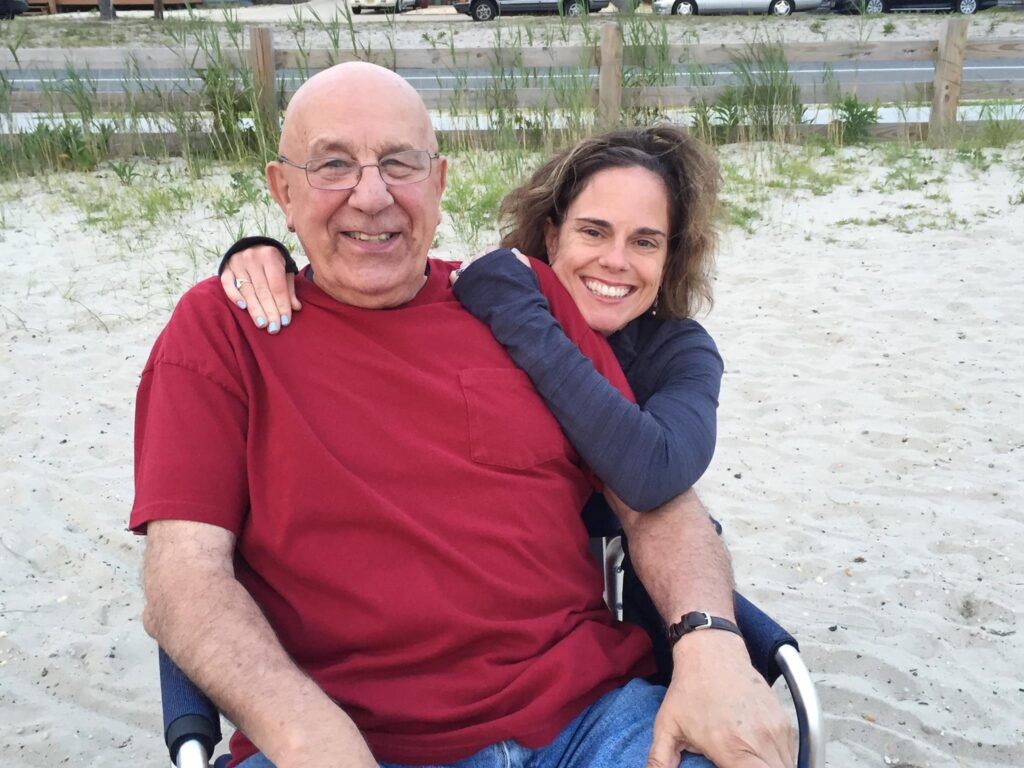
The Minerva team works hard to build a culture where everyone feels supported, well positioned to use their skills and talents, and comfortable being their authentic selves. Building the Minerva culture—and living it with our team—has been a largely joyful experience. But not every day is great, and sometimes less-than-optimal life and work experiences collide in complicated ways. That’s when culture is not joyful but critical.
Earlier this year, I went through one of those times when a terrible thing in life directly impacts work. My dad died. He was 91 years old and had been in decline for months. He was a man of good humor, simple needs, and zero drama; he was also a big guy with the physical constitution of a bull. All these characteristics made his sudden frailty and total dependence on others jarring and scary.
I spent months traveling between the East and West Coasts, collaborating with my sisters to get dad the best care possible, and trying to monitor and respond to his degeneration. I was also running a company and attempted to look like I was “on it” all the time when I clearly was not.
During dad’s decline, I had more conversations than I can count with middle-aged professionals who were all grappling with the health decline of aging parents, parsing out the complexities and expenses of care, and looking towards their eventual deaths with a mix of dread and relief.
Except with a few close friends, these conversations didn’t come easily—even for communication professionals. They were whispered at lunches or shared in clandestine coffee chats. Once, I received counsel on eldercare when I was seated next to a client on a work trip. She had overheard an urgent call with my dad’s doctor; her dad was dying, too. It became clear that so many people I know were having a collective experience that was upending our lives, but we rarely spoke about it. Everybody wants to talk about their exciting new client, last great vacation, or child’s graduation. Nobody wants to talk about holding their father’s hand for the last time. It’s simply too painful.

These conversations made me think a lot about the remainder of my own life and how I hope to spend it (topic for a different blog). They also made me think about work: how we do—or often don’t—talk about death in the workplace, how we can best support people who are living with the decline and death of a loved one, and how these elements of culture can be reflected in both corporate policies and human relationships.
I was inspired to write an article about these topics in the Public Relations Society of America’s (PRSA) monthly publication Strategies and Tactics. The article discusses family leave and bereavement policies as a key component of organizational culture. I hope you’ll take a few moments to read it. Here’s the 10-second version: Have a plan for when your team members are going through tough things like caring and grieving for loved ones, apply that plan with flexibility, and above all else, be human and kind. Because life—and death—and work collide all the time.
There’s an annoying firewall, so if you are not a PRSA member but would like to peek at the full article or just want to talk about bereavement and family leave policies, reach out to me at joy@minervastrategies.com.